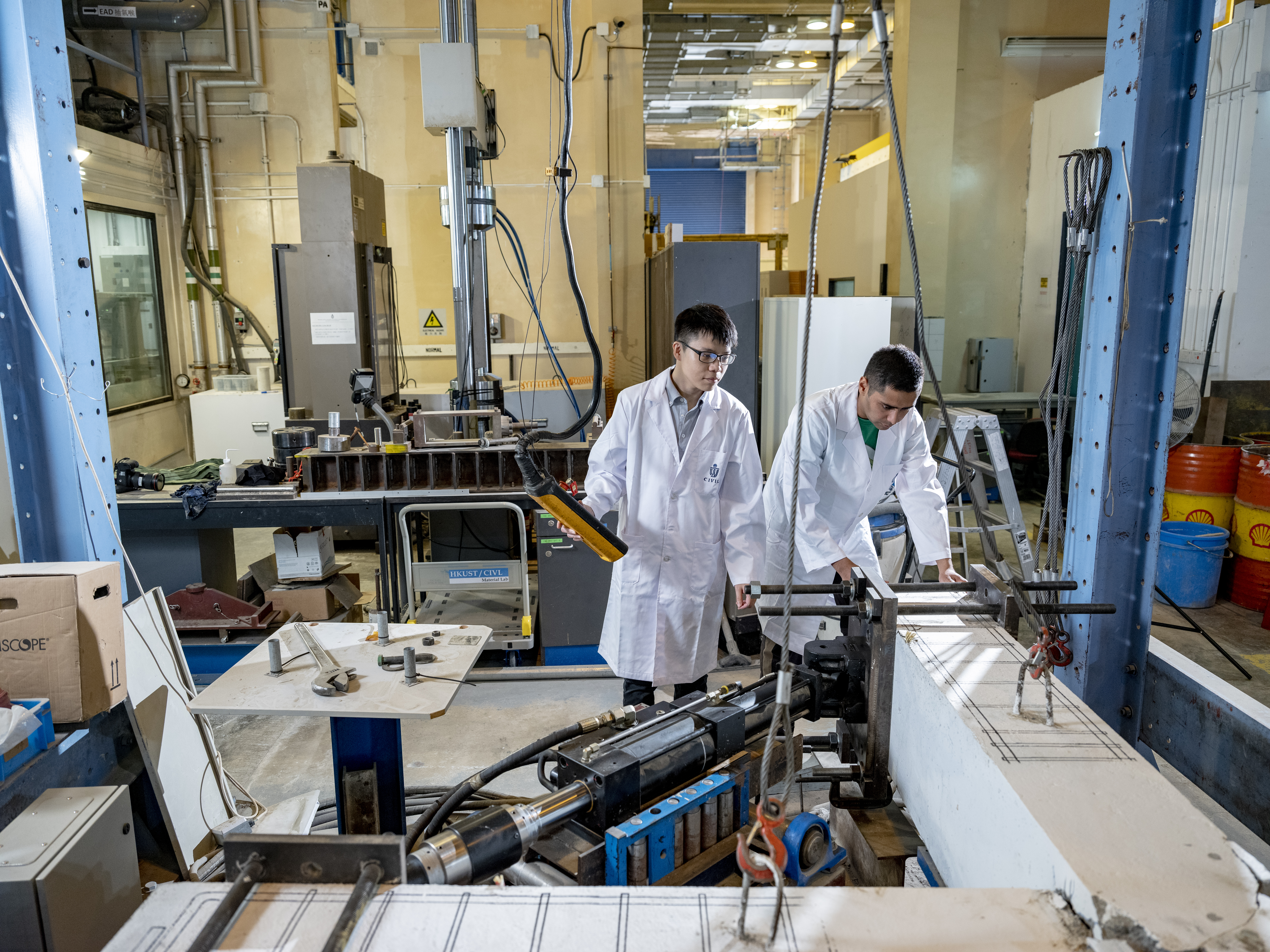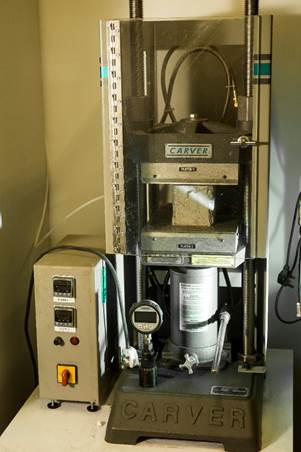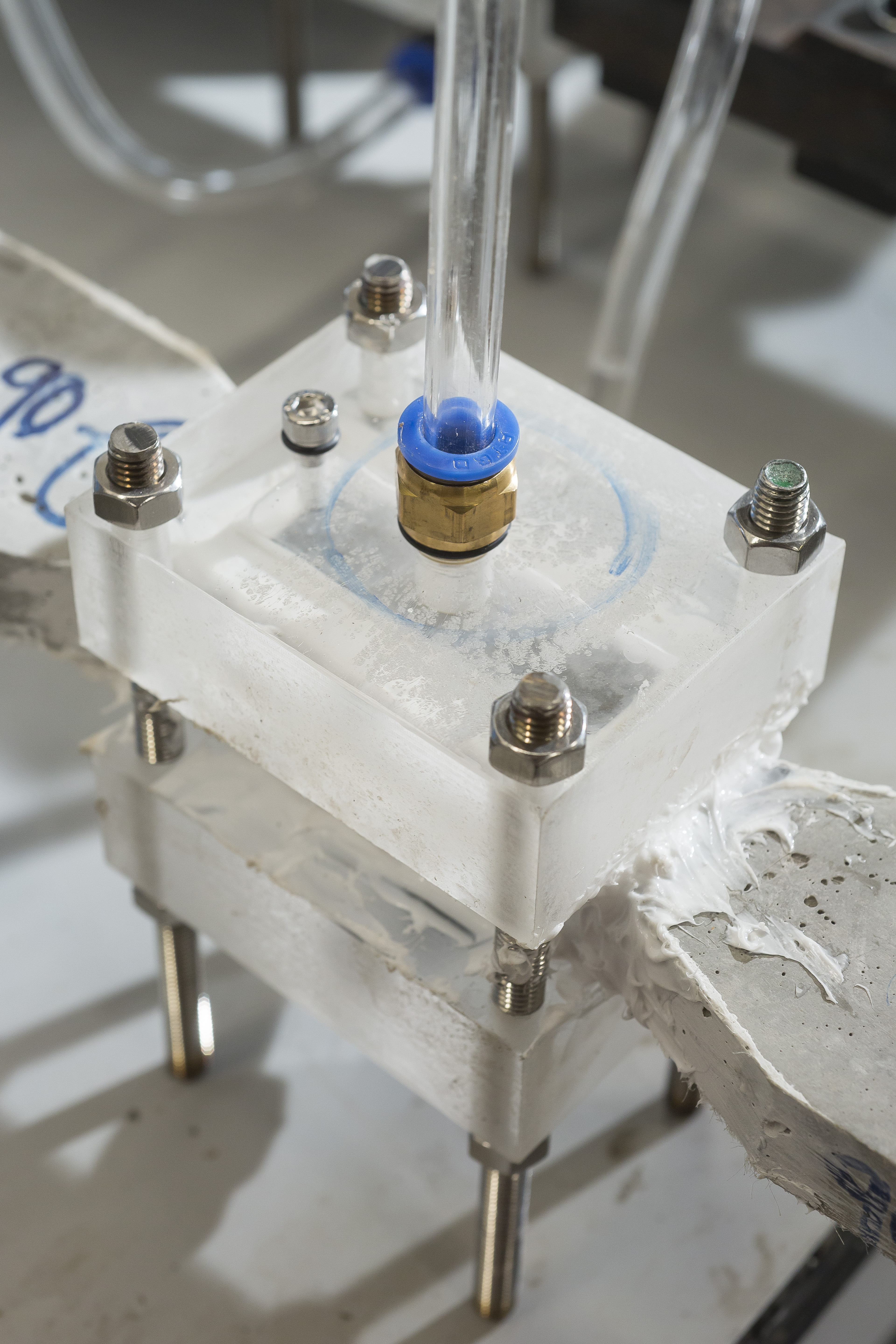STRUCTURAL AND MATERIALS
The research vision of the Structure and Materials Group is to deliver world-class research in structural engineering that will contribute to sustainable development and infrastructure resilience. Our strategies to meet grand challenges and lead the world include (i) emphasis on fundamental research to advance disciplinary knowledge in materials, structural analysis, computation, design and health monitoring, (ii) active participation in multi-disciplinary collaborative research to address important contemporary problems, and (iii) conducting applied research in collaboration with forward looking industrial partners to improve the state of practice.
Moving ahead, while continuing to pursue excellence in fundamental and applied research, the group plans to focus on the following themes that can leverage on the strength of individual members.
(1) Resilient infrastructures, covering the development of (i) high performance materials with robust self-healing and excellent energy absorption capabilities, (ii) smart self-regenerative vibration mitigation devices, (iii) sensor, sensor network, computer-vision based methodologies and associated software for real-time monitoring and condition assessment, (iv) data-driven uncertainty quantification and propagation methods, (v) methodologies to assess infrastructure vulnerability under natural hazards.
(2) Materials and structures for sustainable development, covering the development of (i) cementitious composites with high performance/durability made from recycled materials, (ii) novel green structures based on natural materials, (iii) sustainable life cycle assessment and design optimization methodologies for high-rise buildings, including those constructed through modular integration, (iv) aerodynamic optimization methodology for wind energy harvesters and associated testing at the HKUST Wind Tunnel Facility.
Faculty
Prof. C.M. CHAN: Structural optimization of tall buildings; computer aided analysis; wind resistant and seismic performance based design.
Prof. Ilias DIMITRAKOPOULOS: Dynamics and seismic response of bridges, with emphasis on vehicle-bridge interaction and high-speed railway; bamboo engineering and rational design of bamboo structures.
Prof. L.S. KATAFYGIOTIS: Probabilistic structural dynamics and system identification.
Prof. Christopher K.Y. LEUNG: Construction materials; Micromechanics of fiber composites; fracture mechanics and application of composites in civil engineering.
Prof. Tim K.T. TSE: Wind tunnel modeling; computational fluid dynamics; building aerodynamics; Structural and aerodynamic coupling; wind energy harvesting; wind comfort and pollutant dispersion in built environment.
Prof. Jishen QIU: Sustainable and smart materials for civil infrastructures; engaging novel micro-mechanical; chemical and microbiological approaches into the material development.
Representative Research Projects
Development of design methodologies for the improvement of wind and thermal comfort in the urban environment
An Integrated Cost-Effective Design Platform for Wind-Excited Skyscrapers
Reliability of Coupled High-Speed Trains and Bridges Under Earthquakes
An evolutionary structural form optimization for the design of high-rise residential buildings
Novel Bayesian Methodology for Data-Driven Uncertainty Quantification and Propagation in Structural Dynamics
Development of high performance construction materials with green ingredients
Development of self-healing fiber reinforced cementitious composites for various applications


